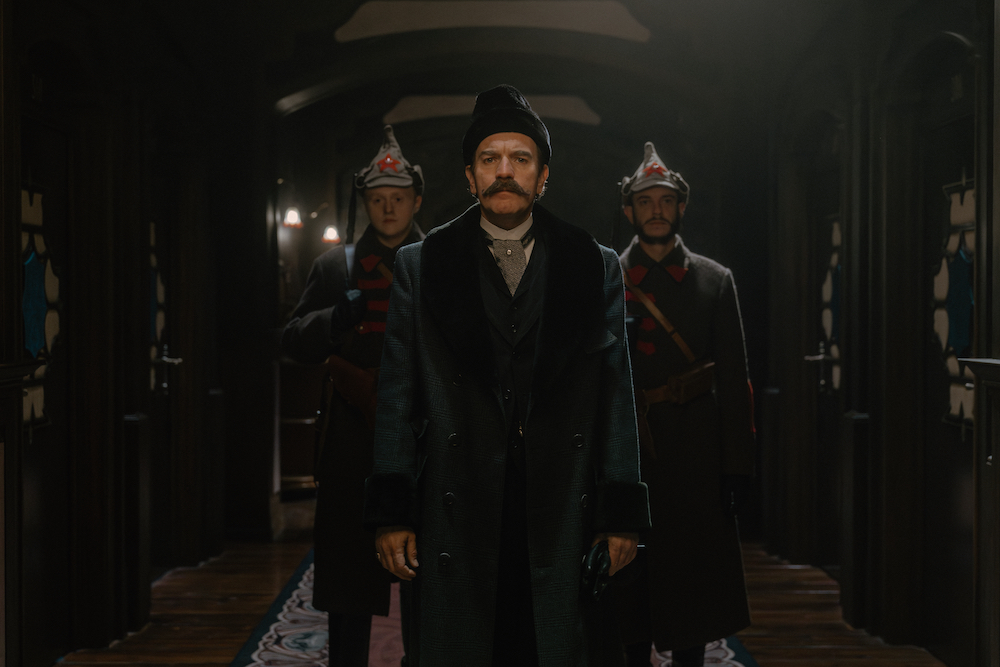In Showtime’s ‘A Gentleman in Moscow,’ Count Alexander Rostov narrowly misses death. Being a part of the aristocracy, he would have met a firing squad if it wasn’t for his poem. When he is called before the tribunal, just like every other aristocrat, the intention is to have him killed because he belongs to a system that the revolution gave its sweat and blood to root out of the country. Almost every other member of the nobility is executed, and their mansions and palaces are burnt down. But Rostov is saved, receiving the lifelong punishment of house arrest in the Metropol Hotel simply because of his poem. Considering the importance of the poem for him, the audience is bound to wonder if the show is referring to a real poem. SPOILERS AHEAD
Where is Our Purpose Now is a Real Poem by a Fictional Character
Technically speaking, yes, one could say that ‘Where is Our Purpose Now’ is a real poem. It appears on the first page of ‘A Gentleman in Moscow’ written by Amor Towles and is credited to Count Rostov. But because Rostov himself is a fictional character, the poem is also a part of his fictional world. The poem, or the part of it that appears in the book is written by Towles himself, so in that sense, Towles is the real author of the poem. In the story, however, Count Rostov gets the credit for penning those lines, and it is the poem that saves him from imminent death.

The poem in question talks about the common man of Russia finding purpose in a country under the rule of its kings and queens. The lines evoke the sentiments of a revolution in the making, and as mentioned in the show, the poem ends up becoming a symbol of the revolution. Due to its relevance to the Bolshevik revolution and the cause, many people question whether the Count could have the perspective to pen such words. A man who has spent his entire life with a silver spoon in his mouth and is habitual to enjoying the finer things in life wouldn’t have the sense to write a poem like this. How could an aristocrat write a poem that resonates with the sentiment of the common man? Moreover, how could an aristocrat write a poem that critiques his own class?
‘Where is Our Purpose Now’ talks about the irrelevance of the nobility in pre-revolution Russia and questions the outdated system of aristocracy and how it weighs heavy on the country’s general masses. Had someone outside of the upper class written the poem, they would have probably been executed, which is why Rostov’s words become so much more important to the revolutionaries. They see someone from the upper class voicing critiques against his own class and calling its relevance into question, stirring the common man of Russia into a revolutionary spirit.
While the story makes the poem out to be an instrumental device in the revolution that changed the face of Russia, the poem doesn’t exactly have a historical relevance. There were several pieces of writing from great Russian literary figures who produced invigorating poems, essays, and articles during that time, but ‘Where is Our Purpose Now’ remains a fictional addition to that list. Towles conceived the poem because he needed a plot device to keep the count from being sent to his death. He needed an excuse for him so that the Bolsheviks would feel compelled not to kill him. This is when he thought about the power of words in a revolution and wondered how the Bolsheviks could kill someone who had written a poem in their favor. This saves the Count from getting the bullet and starts the events of ‘A Gentleman in Moscow.’
Read More: Best Adult Shows on Paramount+


You must be logged in to post a comment.